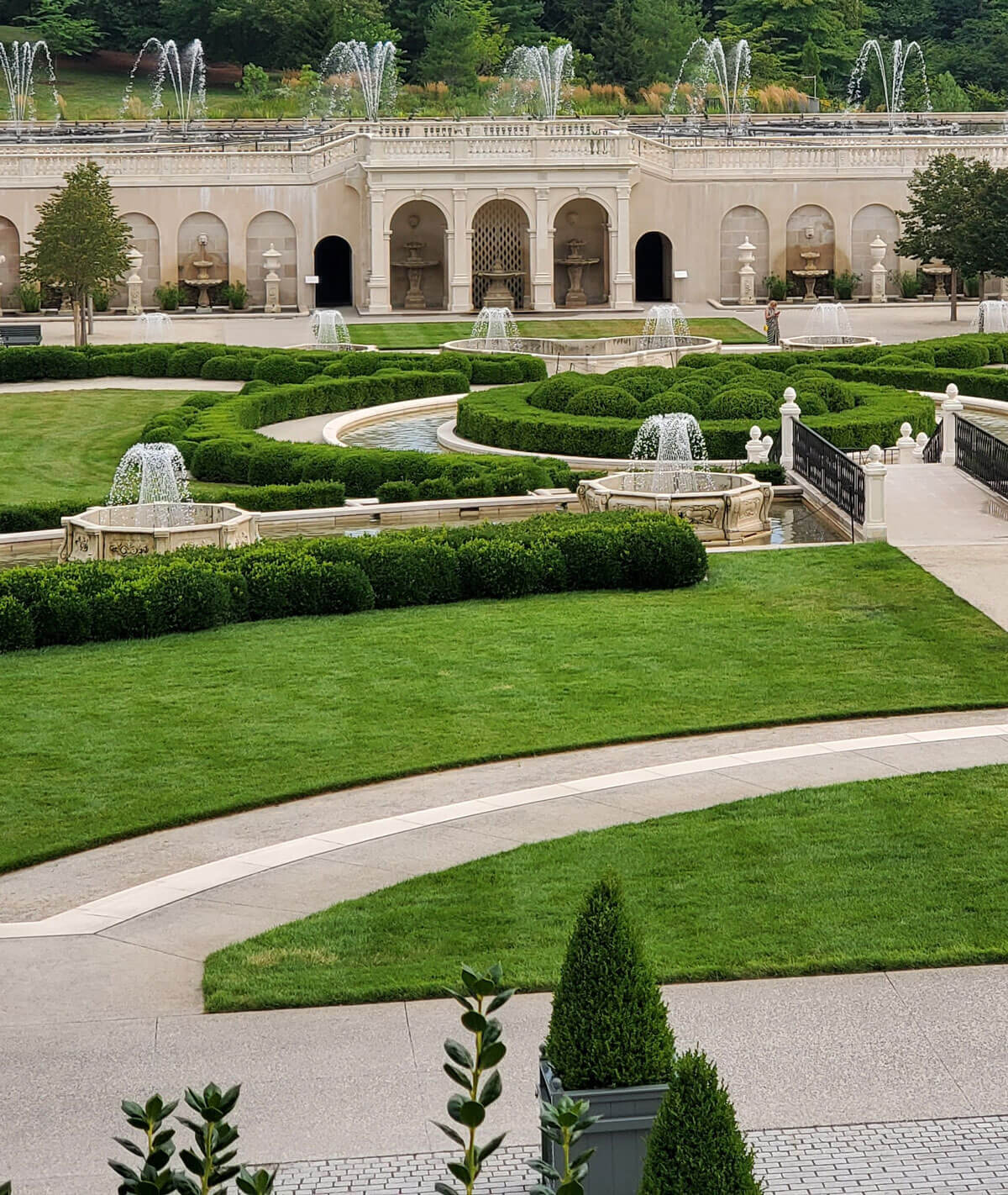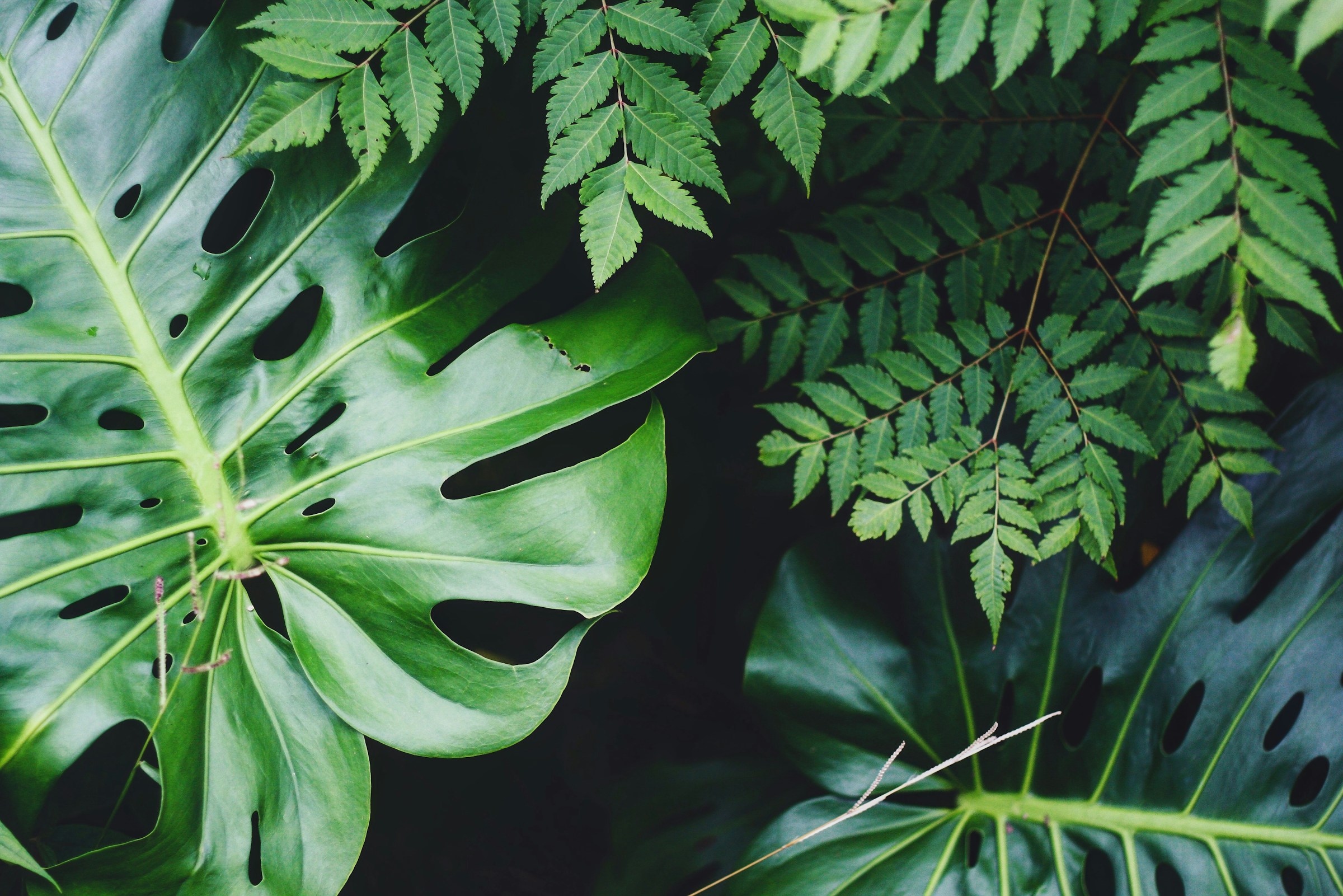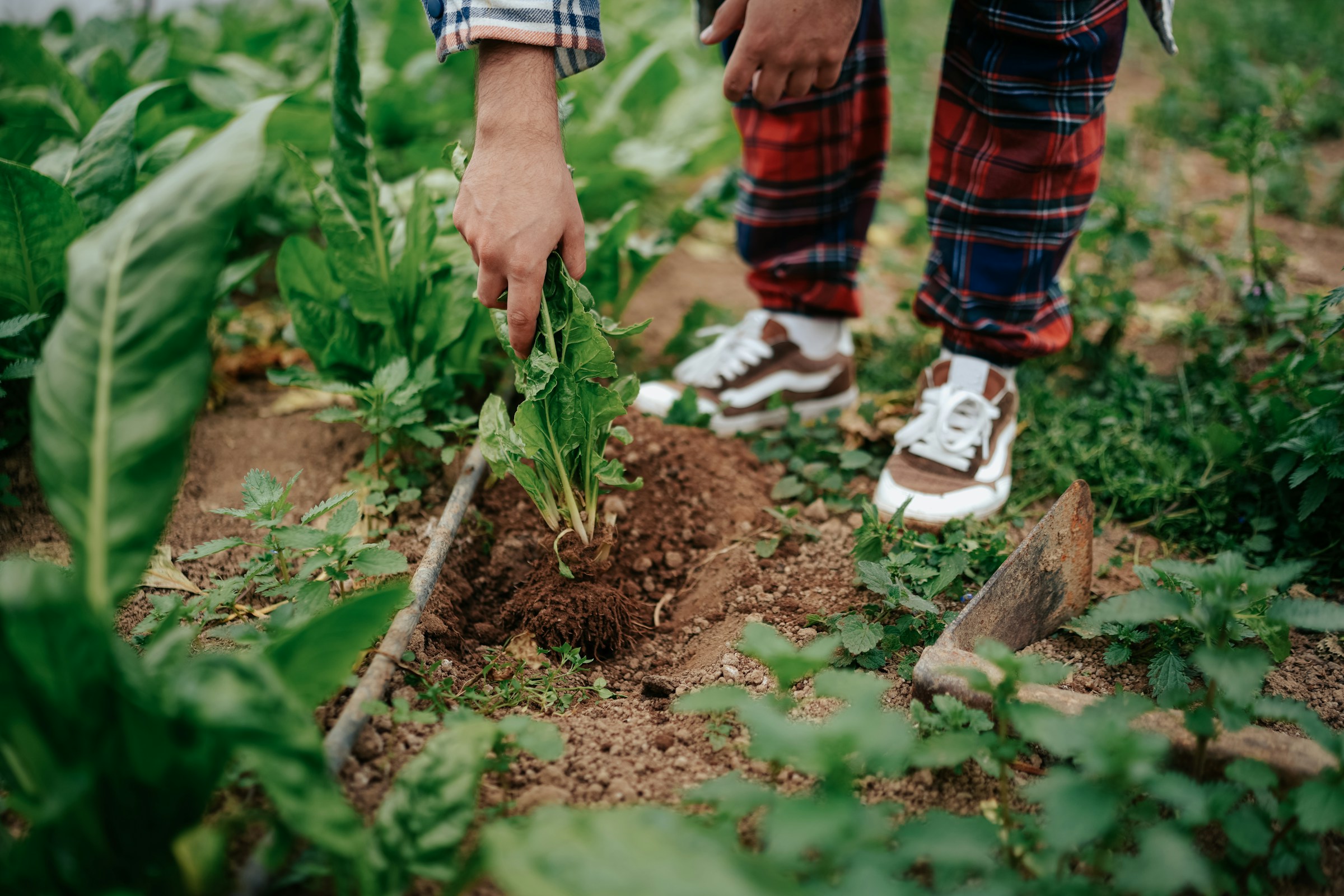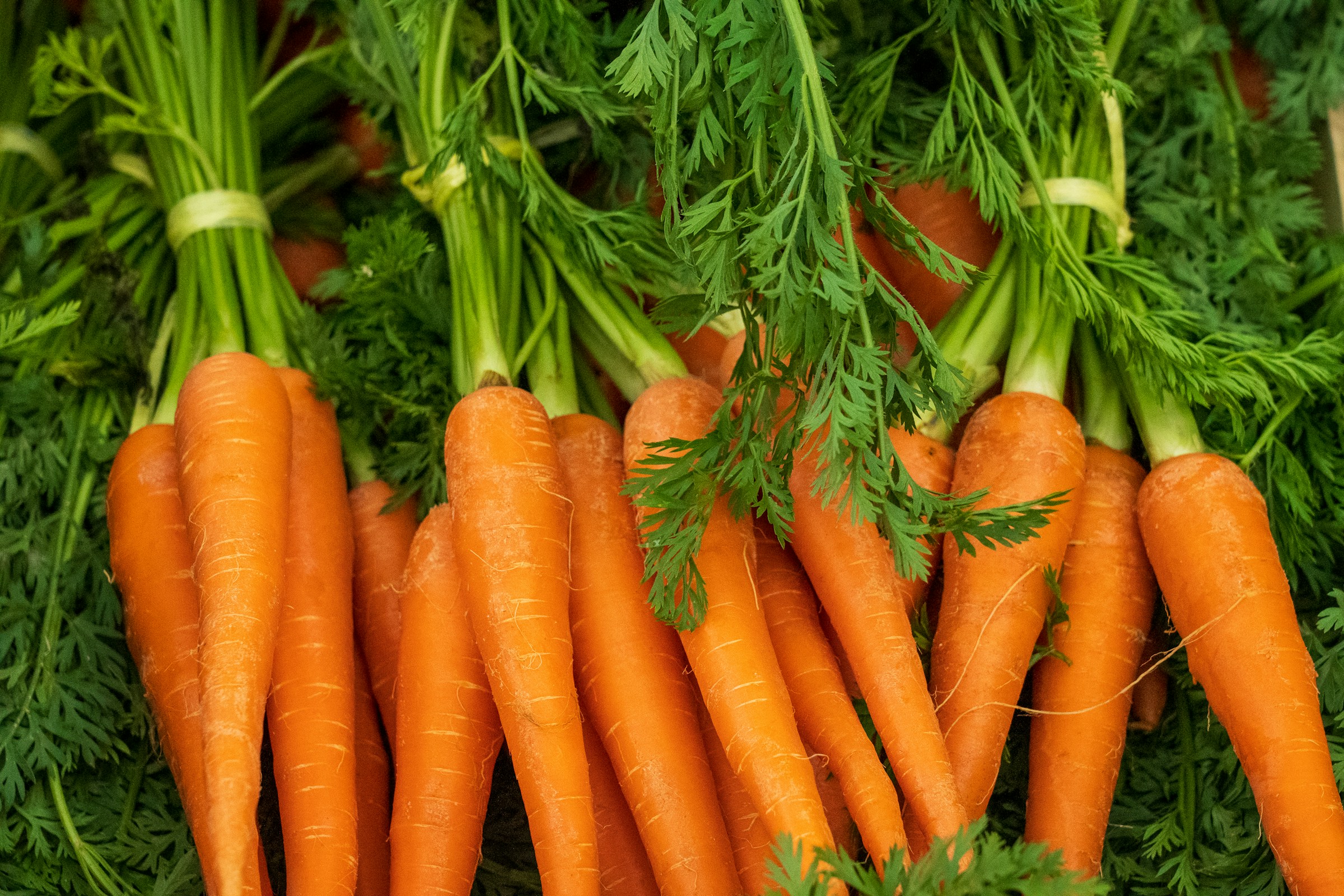Hello, green thumbs and eco-enthusiasts! We here at "EZ-FLO" are tickled green to bring you some topsoil inexpensive ways to add organic matter to lawn. Why? Because we believe that achieving a lush lawn doesn't have to cost you an arm and a leg or the last of your sanity!
Inexpensive Ways to Add Organic Matter to Lawn
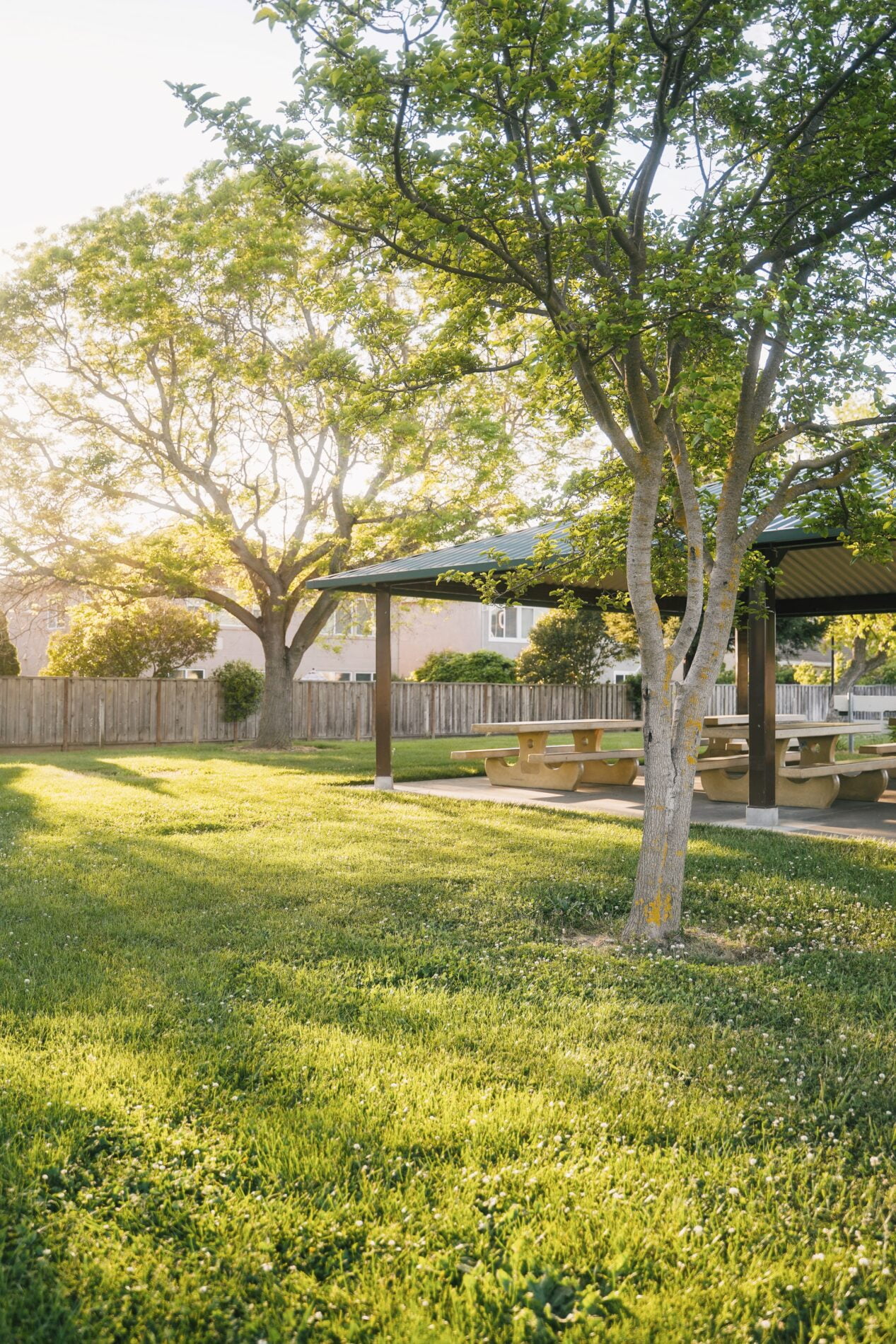
A little birdie might have told you that having a verdant lawn is costly. But we're here to let the cat - or should we say, the worm - out of the bag. Nurturing a garden of Eden right in your backyard is more than possible without breaking the bank. It all starts with one magic ingredient - organic matter.
Organic matter is the "life" in your soil. The decomposed plant and animal material adds nutrients and improves soil structure. But before you start kidnapping worms or proposing to compost bins, let us walk you through some cost-effective ways of adding organic fertilizer to your lawn.
Composting: The Black Gold of Gardening
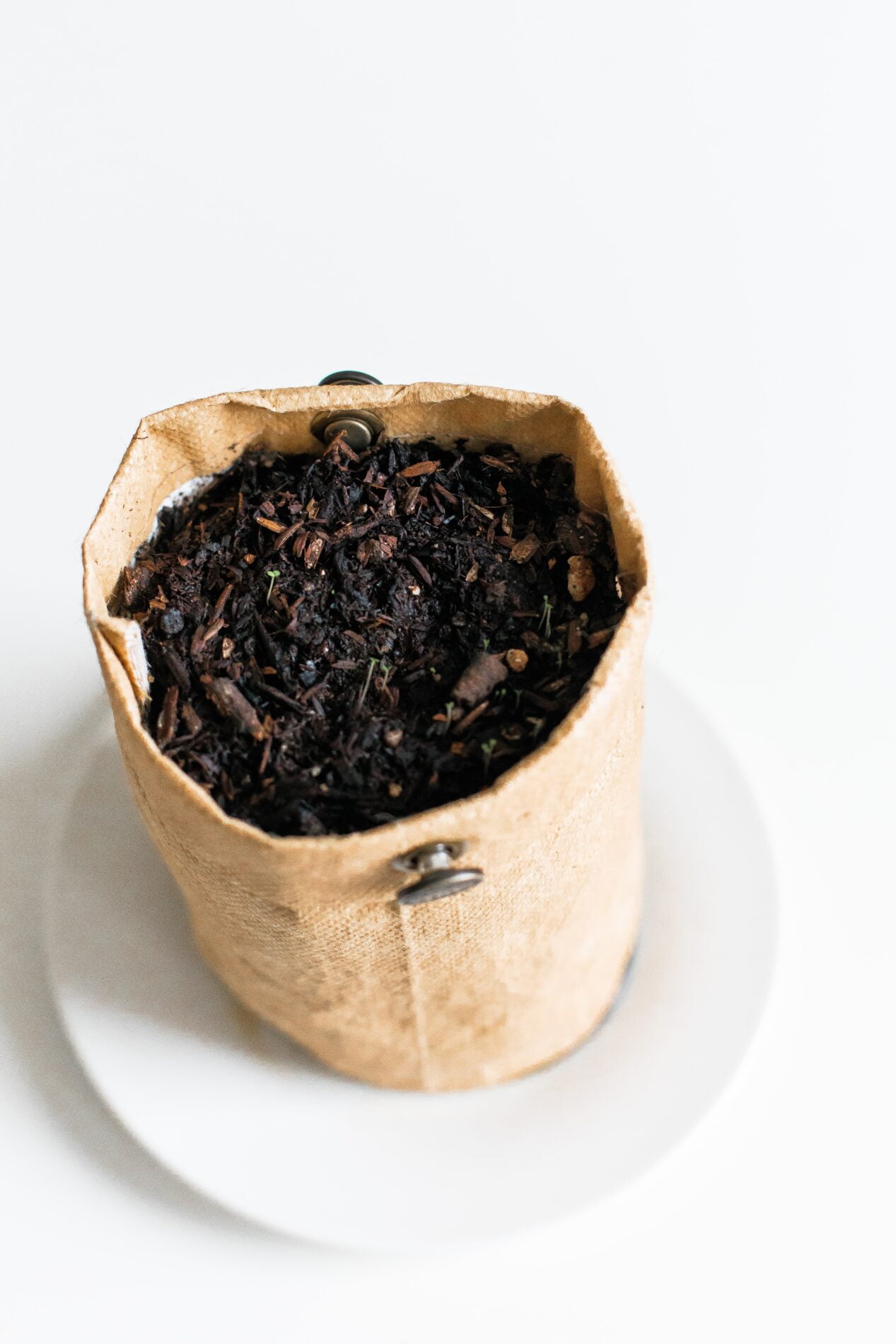
Composting is your chance to play Alchemist in your backyard. It's a natural process that turns your kitchen scraps and yard waste into a nutrient-packed soil conditioner, lovingly referred to as 'black gold' by gardening aficionados.
The recipe for compost is simple: green waste (think veggie peels, coffee grounds, grass clippings), brown waste (dry leaves, twigs, paper), water, and a bit of time. Mother Nature does her magic with these ingredients, breaking the materials into an affluent, crumbly compost powerhouse of nutrients.
But the benefits of composting don't just end at your garden edge. It also helps reduce the waste you send to the landfill, making it an eco-friendly choice that Mother Earth will thank you for. So, remember, composting isn't just about creating a nutrient-rich soil amendment—it's also about contributing to a sustainable planet.
Mulching: It's Not Just for Hipsters Anymore
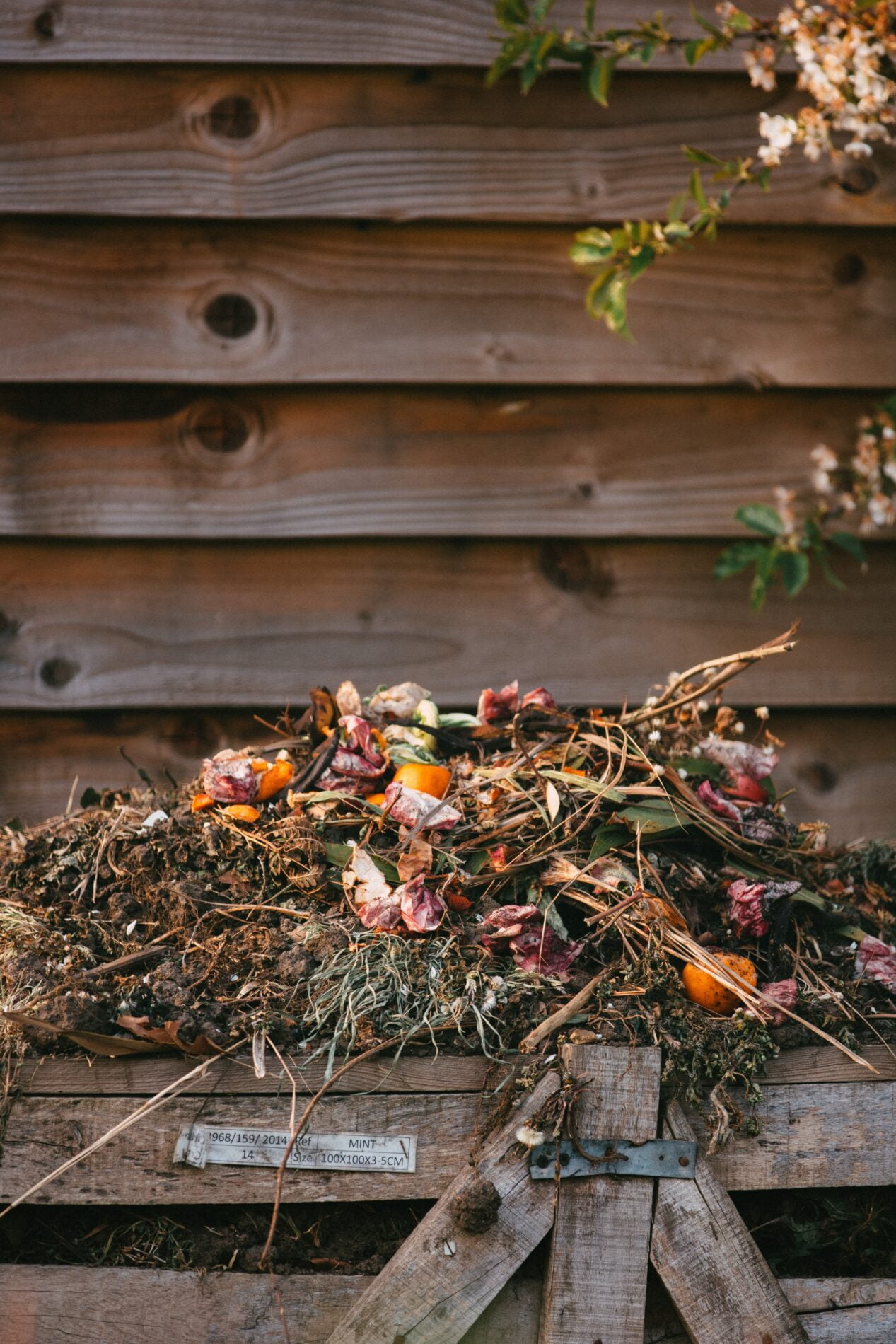
Mulching is your lawn's stylish, protective jacket. Not only does it give your garden a neat, finished look, but it also provides a host of benefits. Mulch can be made from various organic materials—bark, straw, compost, grass clippings—and serves multiple purposes.
Firstly, mulch acts as a protective barrier, shielding your soil from the harsh elements. It helps retain soil moisture by reducing evaporation, which means your plant growth gets a more consistent water supply, and you get to cut down on your watering chores.
Secondly, as the mulch breaks down, it adds precious organic matter to your soil, improving its texture, fertility, and overall health. It's like your mud is getting a spa treatment, complete with a facial and massage!
Lastly, mulch can suppress weeds, those pesky uninvited guests that love to crash your garden party. By blocking sunlight, mulch helps prevent weed germination and growth. It's like your garden's bouncer, keeping the troublemakers out!
Cover Crops: The Unsung Heroes of Soil Health
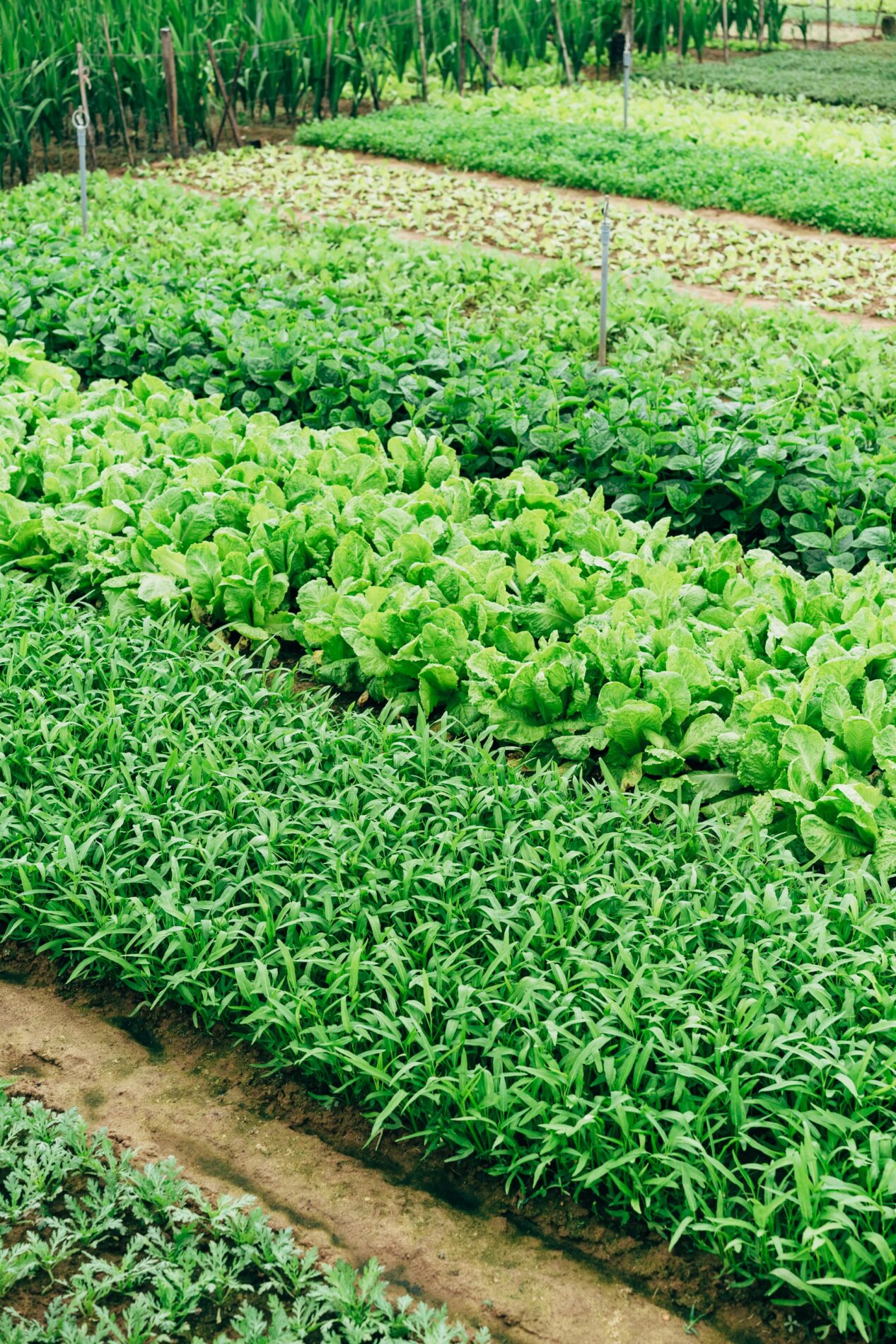
Cover crops, also known as "green manure," are primarily grown not for harvest but to improve soil health. These plants are like the garden's version of a superhero team. Each member brings a unique power to the table, working together to protect and enhance your soil.
Cover crops help improve soil structure and increase organic matter content when tilled back into the soil and allowed to decompose. This process also helps increase the soil's water-holding capacity and reduce soil erosion.
Different cover crops have various superpowers. Some, like clover and peas, can 'fix' nitrogen from the atmosphere, adding this essential nutrient to the soil. Others, like rye and oats, have a robust root system that can break up compacted ground, improving its structure.
Cover crops also help suppress weeds, much like mulch. Their rapid and dense growth can outcompete weeds for resources, reducing the need for weed control. All these benefits make cover crops a valuable ally in your quest for a healthy, vibrant lawn. So, remember, while they might not be the stars of your garden show, cover crops are the unsung heroes working behind the scenes to ensure your soil is ready for its close-up!
Grasscycling: The Circle of Lawn Life
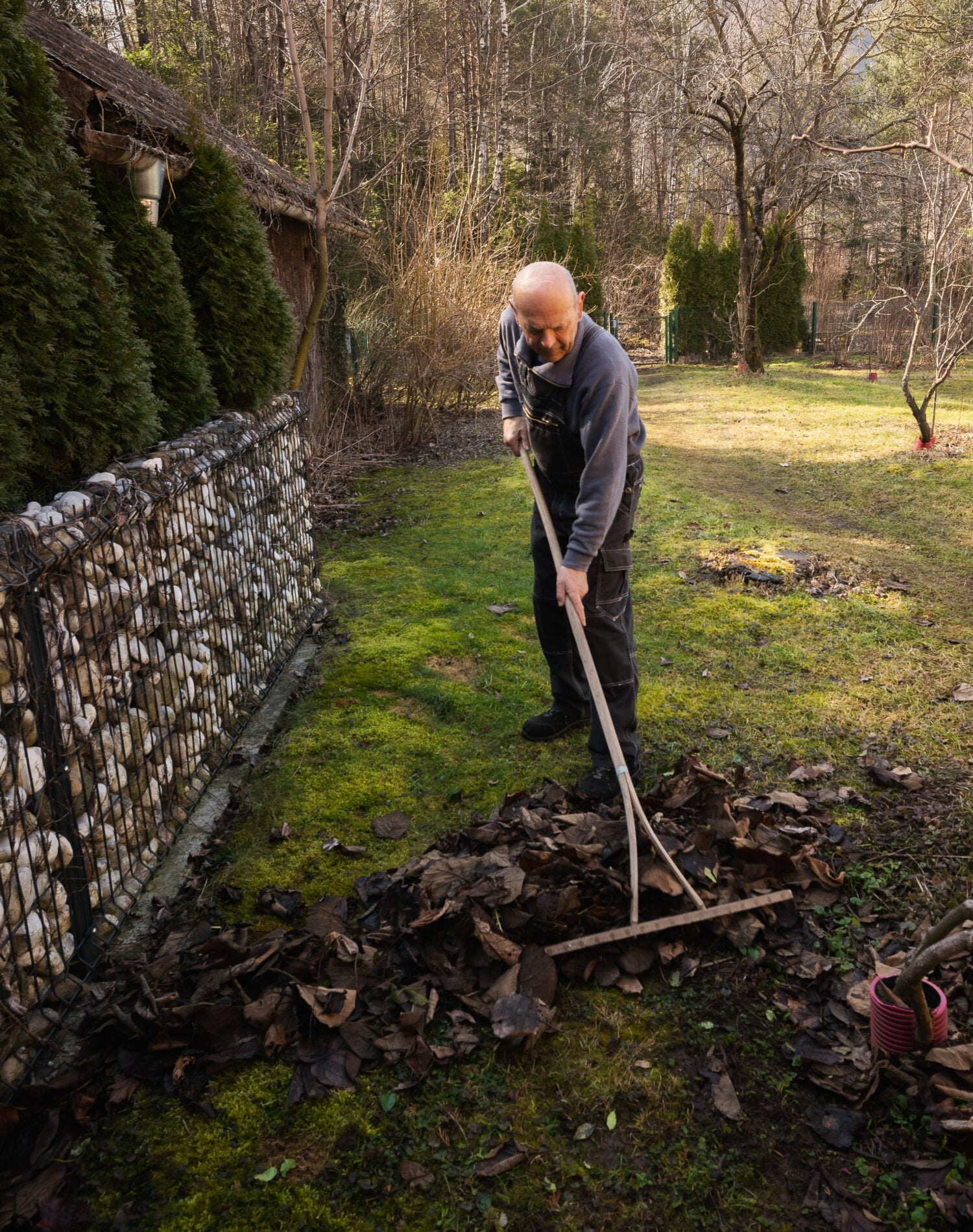
Grasscycling is like the self-help book of lawn care. It's a simple yet effective practice where you leave the grass clippings on your lawn after mowing instead of bagging them and sending them to the local landfill. This method works wonders in two ways.
First, it saves you the labor and time of bagging up those clippings. Let's face it, after a good mow, the last thing you want to do is spend another half an hour bent over, stuffing grass into bags.
Second, and most importantly, grasscycling is like your lawn taking out a nutrient loan and then paying it back—with interest! The cut grass clippings decompose quickly and return essential nutrients to the soil, including nitrogen, potassium, and phosphorus. This is like your lawn serving itself a nutrient-packed smoothie right after a good trim!
But wait, there's more! Grasscycling also contributes to moisture retention in the soil, reducing the need for watering. It's like your lawn has suddenly developed the ability to make it rain!
So next time you mow, let the clippings fall where they may. It's not laziness; it's grasscycling! And remember, a grasscycling lawn is a happy lawn. And a happy lawn makes for a jubilant homeowner! So, give grasscycling a go and let your lawn bask in its self-made glory. After all, in the circle of lawn life, the grass wears the crown!
The Fertigation Factor
Now you might be asking, "Where does fertigation come in?" Great question, imaginary reader! Fertigation is like the fairy godmother of lawn care. It's a process where fertilizer is dissolved and distributed along with water in your irrigation system—the perfect sidekick to your organic matter endeavors.
Adding organic matter improves the soil surface, making it easier for the fertilization process's nutrients to distribute and absorb evenly. This dynamic organic matter and fertigation duo ensure your lawn stays lush, green, and healthy.
Frequently Asked Questions
Can I use any kitchen waste for composting?
While most kitchen waste can be composted, avoid meat, dairy, and diseased plants, as they can attract pests or create unpleasant odors.
How often should I mulch my lawn?
Mulching can be done once or twice a year, typically in the spring and fall.
What is the best cover crop for my lawn?
The best cover crop depends on your specific needs and climate. Legumes like clover add nitrogen to the soil, while grasses like rye help with healthy soil structure and weed suppression.
Can I use grass clippings as mulch?
Absolutely! Grass clippings are an excellent nitrogen source and can be used as a "green" component in your compost pile or left on the lawn to decompose naturally in a process known as grasscycling.
What's the benefit of fertigation over traditional watering and fertilizing methods?
Fertigation provides a steady supply of nutrients to the plant roots, reducing nutrient runoff and improving nutrient absorption. It also saves time, as watering and fertilizing can be done simultaneously.
Do I still need to add organic matter using a fertigation system?
Yes! Organic matter improves soil structure, which helps your lawn better absorb and utilize the nutrients the fertigation system provides. Think of it as setting the stage for your property to thrive.
The Last Leaf
So, there you have it, folks. The secret to a lush, green lawn isn't a high-end, bank-breaking product. It's the humble soil organic matter, the unsung hero of the garden. And remember, as a wise man once said, "The grass may be greener on the other side, but it still has to be mowed."
Before we sign off, here's a little humor for you. Just saw a man slumped over a lawn mower crying his eyes out. He said he'd be fine; he's just going through a rough patch. Get it? A rough patch! Just a little lawn humor to lighten your day.
And remember, whether you're mulching, composting, planting cover crops, or simply grasscycling, every step you take towards adding organic matter to your lawn is a step towards a more vibrant, breathtaking, and life-changing garden. You're not just a lawn owner; you're a lawn legend! It's time to ascend to the top of the neighborhood lawn league and show them the true power of organic matter.
See you on the green side!
